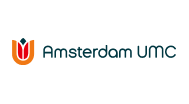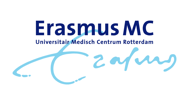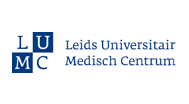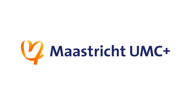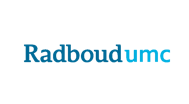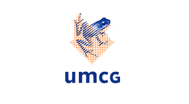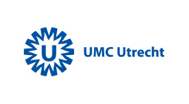Search results
Search results
137 resultaten gevonden voor ""Regional training opportunities for the doctors of tomorrow
Advanced medical-specialist training is being offered increasingly often in regional networks with multiple training institutions. This enables doctors training to be specialists (aios in Dutch) to make optimal use of the knowledge and expertise in the region. It demands a broadly supported vision of the regional training opportunities. Umcs and hospitals, aios and medical specialists have joined forces to accomplish this.
Read moreRegional training
To train basic medical doctors and medical specialists, the umcs work closely together with general hospitals, education and healthcare institutions in their region. This collaboration takes place within the Training and Education Regions (OORs).
Read moreEurope
The umcs are prospecting far beyond the Dutch borders. They participate in European research and innovation projects, and often act as the coordinator of international research consortia.
Read more8. Digital data exchange
The right information, in the right place, at the right time for healthcare providers, researchers and patients. This contributes to better (network) care and better scientific research. Healthcare information in understandable language helps patients to keep control of their care. In this way we work on better health for everyone.
Read more7. Expensive medicines
Promising and innovative medicines must be quickly available to patients. Everyone agrees on the importance of this. But these are often expensive medicines and, due to the high price, they are not available to every patient who needs them. Hospitals are spending more and more on expensive drugs and there is less and less budget available for other necessary expenses and investments. A drug can be expensive for several reasons. The producer of a drug may still have a patent that prevents others from producing it, there are high production costs or it is a drug for a rare disease for which there is little demand.
Read more6. Regional academic driver
As umcs, we develop academic knowledge and expertise about prevention, diseases and treatments with the region. This knowledge and expertise can then be applied in healthcare in a broader sense. In this way we accelerate innovations in prevention and care and in this way we are the academic engine in the region. All umcs work closely with providers of care and prevention in their own region, other research and knowledge institutes, municipalities, GGDs, universities of applied sciences and health insurers. We develop and share knowledge and expertise with regional partners about prevention and about the right care in the right place. We also share data in those areas.
Read more5. Training issues
Umcs are responsible for training healthcare personnel: medical doctors, medical specialists, specialized nurses and medical assistants. This requires intensive cooperation with general hospitals and educational and care institutions in the region. This collaboration takes place in the Training and Education Regions (OORs) and the Hospital Training Fund (FZO) regions. The umcs consider it important that the training capacity is geared to the expected demand for healthcare personnel. We therefore have various programs that increase the (regional) intake and are aimed at retaining healthcare professionals. We also continuously adapt courses to the changing demand for care.
Read more4. Coordination of acute care chain
The demand for acute care, which is becoming increasingly complex, is increasing while the number of available healthcare professionals does not increase. This calls for a smarter organization and more cooperation in acute care. The umcs coordinate the acute care chain within the Regional Consultation Acute Care Chain together with various partners. Together they work on the necessary changes.
Read more3. Network forming and collaboration
The Netherlands is struggling with rising healthcare costs, an increasing labor market tightness and an increasing number of patients with more than one chronic illness. As umcs, we are increasingly aware of the power and necessity of collaboration in networks with parties within and outside the healthcare sector. We therefore fully participate in or initiate networks for care and prevention, education and training and scientific research. In this way we contribute to accessible and future-proof care for everyone in the Netherlands.
Read more2. Available and accessible care in the region
Umcs work as coordinators in the region together with other
hospitals, general practitioners, mental health partners, nursing homes and rehabilitation centers to coordinate patients' treatments and treatment plans. This increases the quality of care, contributes to the right care in the right place and increases the availability of care in the region. With, among other things, innovative e-health projects, umcs contribute to a reduction in the number of outpatient appointments, improvement of care, reduction of bed pressure and greater patient control.

